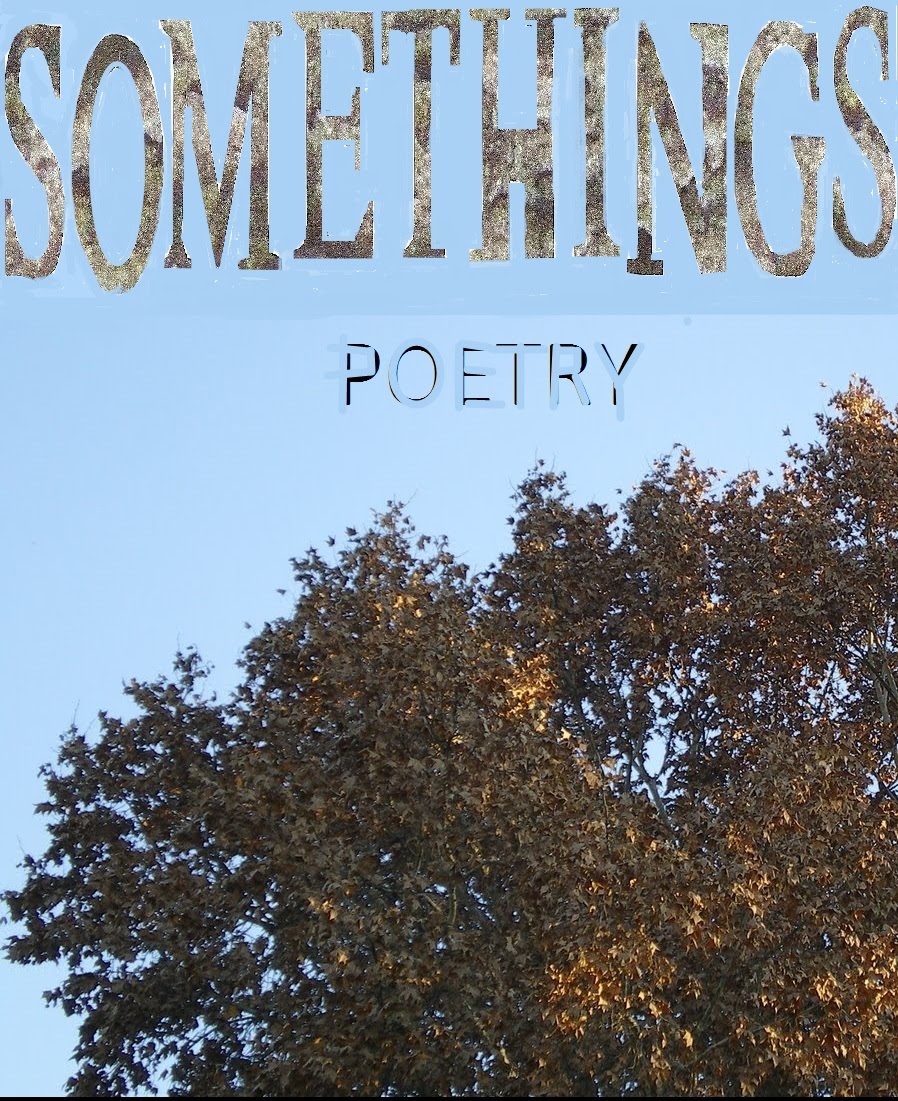
We've taken the same journey, learned the same things, and arrived at the end of the road...but does the road end? No matter how you may feel at this point, I believe that we have all grown a little bit during our times in 7th Bell Contemporary Poetry. With new knowledge and skills that allow us to change emotion to word, we have all become poets. Now, where to go from here? How will we ever be able to return to regular English classes?
Soon, we'll be going through a series of changes. Fall term is drawing to a close, the seasons are changing, and final preparations are being made for a long awaited Thanksgiving Break. It seems that Tupac Shakur had some of his own "Changes" he wished to talk about.
We gotta make a change...It's time for us as a people to start makin' some changes.Let's change the way we eat, let's change the way we liveand let's change the way we treat each other.You see the old way wasn't working so it's on us to dowhat we gotta do, to survive.
Tupac states in a brief press conference that all he can do is "be responsible for [his] own actions". In reality, thats all, and the best, that anyone can do. As we go through our own changes, we have to keep that in mind. If we keep fighting and arguing, nothing will get done, people will get hurt, and lives will be lost. Shakur calls for changes in the way we live, the way we treat each other, and even the way we eat. What we have to do is survive, no matter what that means. This might go without saying for some people, but others need to understand Tupac's message. He believes that if everyone is responsible for his or her own actions, the world would be a much better place.
I strongly urge everyone to listen to this message, however simple it may be. We are the future, and we have to make the most of what we have.
I'd like to thank Mrs. Lewis for being the most awesome teacher ever. No matter what the situation, Mrs. Lewis is always eager and willing to lend a helping hand. She treats us fairly, as a adults, and our learning experience is all the more enjoyable because of it.
Friends, Seminarians, Poets...you will be missed.
I strongly urge everyone to listen to this message, however simple it may be. We are the future, and we have to make the most of what we have.
I'd like to thank Mrs. Lewis for being the most awesome teacher ever. No matter what the situation, Mrs. Lewis is always eager and willing to lend a helping hand. She treats us fairly, as a adults, and our learning experience is all the more enjoyable because of it.
Friends, Seminarians, Poets...you will be missed.









 Make them dead white and dry bone bare.
Make them dead white and dry bone bare. oppression. They were the fighting force, enabling other, more peaceful protesters, such as Martin Luther King Jr. and members of the Black Arts movement, to live in safety, knowing that there were other groups established that would defend their rights.
oppression. They were the fighting force, enabling other, more peaceful protesters, such as Martin Luther King Jr. and members of the Black Arts movement, to live in safety, knowing that there were other groups established that would defend their rights.

